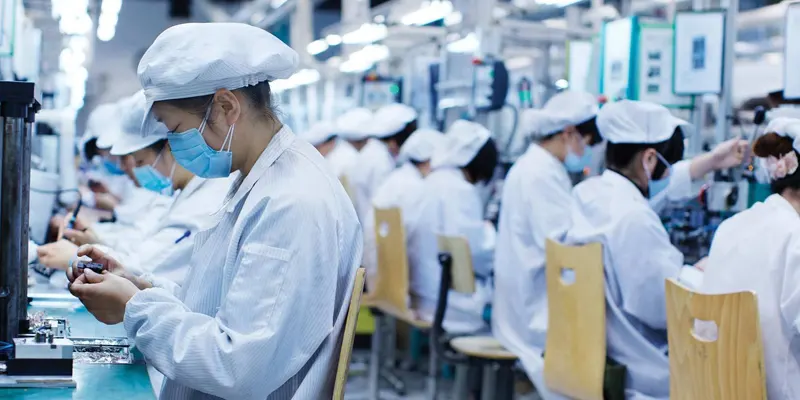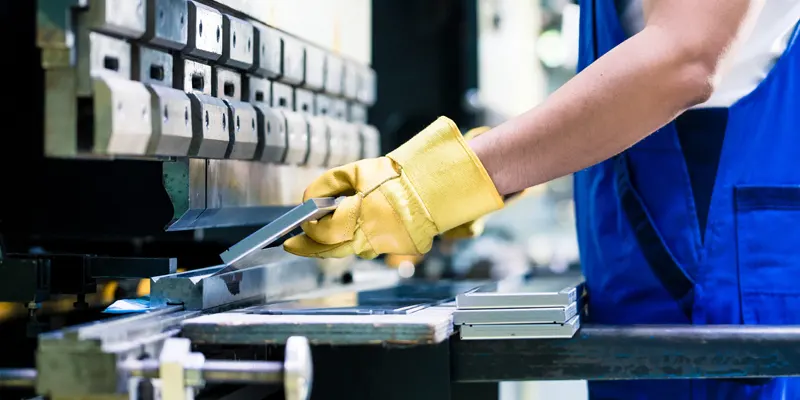News
‘BBB’ Seen Raising Wages, Benefits Of Pinoy Workers
March 12, 2018
Filling up the huge manpower requirement of the government’s big-ticket infrastructure projects that will be implemented under the “Build, Build, Build” (BBB) program could increase the salary and benefits of one of the lowest paid workers in the Philippines.
Based on the latest data from the Philippine Statistics Authority (PSA), around 46 percent of the over 3 million construction workers in the country are paid only between P11,000 and P13,999 per month.
The rest are paid monthly wages ranging from below P5,000 to over P26,000.
“There is now a proposal to raise the [daily] wages of construction workers who will join the BBB projects by P800. Our group supports such proposal,” Associated Labor Unions-Trade Union Congress of the Philippines (ALU-TUCP) Spokesman Alan Tanjusay told the BusinessMirror in an interview.
The ALU-TUCP issued the statement after most of its 6,000 members, who are construction workers, were able to negotiate for better working conditions in their collective bargaining agreement (CBA) amid the prevailing labor shortage in the construction industry. Construction workers, according to the group, are one of the lowest paid workers in the country.
Aside from the ALU-TUCP, the Department of Trade and Industry is also advocating for an increase of P200 to P300 in the daily wages of construction workers to discourage them from working abroad.
‘Labor-driven market’
Former Labor Undersecretary and University of the Philippines economist Rene E. Ofreneo said workers could usually dictate pay terms that would be favorable to them until the labor shortage is addressed.
In terms of higher wages, Ofreneo said it would initially favor workers who are highly skilled as they are fewer. “But if the shortage would continue, the natural pressure to increase wages will eventually benefit ordinary construction workers.”
While the additional pay will be beneficial for construction workers, Ateneo Center for Economic Research and Development (Acerd) Director Alvin P. Ang said it could raise the prices of basic goods and services.
“Any increase [in spending] whether related to TRAIN [Tax Reform for Acceleration and Inclusion] or not will eventually impact inflation,” Ang told the BusinessMirror via SMS.
Matthew Roxas, the operational manager of a Metro Manila-based construction firm said the pay hike could also undermine the competitiveness of many construction firms.
Roxas disclosed that his company is one of those having a difficult time hiring additional construction workers to meet the demand of their growing number of clients.
He said, however, that the firm is not keen on giving higher wages to new applicants as a way of addressing their manpower woes.
“The moment you increase the salary of the workers, you would also have to increase you operation cost so you might not even get any more projects,” Roxas said.
Shortage to worsen
The Department of Labor and Employment (DOLE) admitted the labor shortage in the construction industry “will get worse before it gets better,” particularly when the government starts the implementation of more big-ticket infrastructure projects under its BBB program.
DOLE’s Bureau of Local Employment Director Dominique R. Tutay said educational institutions and the Technical Education and Skills Development Authority still cannot keep pace with the manpower demands of construction firms. Tutay said the country produces between 80,000 to 150,000 new construction workers each year.
Earlier, BBB program chairman Anna Mae Y. Lamentillo told the BusinessMirror that the government’s infrastructure program will need at least 2 million construction workers for this year alone.
Tutay said the DOLE is now in the process of identifying the positions that will be offered via the “Jobs, Jobs, Jobs” program—the mass hiring initiative of the government for the BBB that will be launched in May. “That is why we need train more construction workers as soon as possible,” Tutay said.
She said this could mean better work opportunities for construction workers in the next 10 years, when most of the 75 BBB projects are expected to be completed.
Tanjusay said the DOLE welcomes additional jobs from the BBB as long as the government the workers that will participate in the program will enjoy basic labor and safety standards.
“We hope there will be no contractuals [under the BBB] and all companies and contractors will comply with the highest labor and occupational safety and health standards to avoid accidents that could lead to death, debility and diseases,” Tanjusay said.
Beyond ‘BBB’
Ofreneo, however, said the government should already have a long-term economic plan after the BBB to ensure that its benefit to the economy will be “sustainable.”
“There were so many roads, ports and bridges that were built during the construction boom in the 1970s. But [no such] projects were rolled out in the 1990s, leading to the neglect of the industry and agriculture sectors,” he said.
“This is why it is important to have a development framework and development strategy is important. It is not enough to just build, build, build. We need a bigger development vision,” Ofreneo added.
Tutay said the completion of BBB projects would help the Duterte administration achieve its long-term plans. “The BBB is critical since it will serve as the window for more investors to come into the country.”
Reference: https://businessmirror.com.ph/bbb-seen-raising-wages-benefits-of-pinoy-workers/



